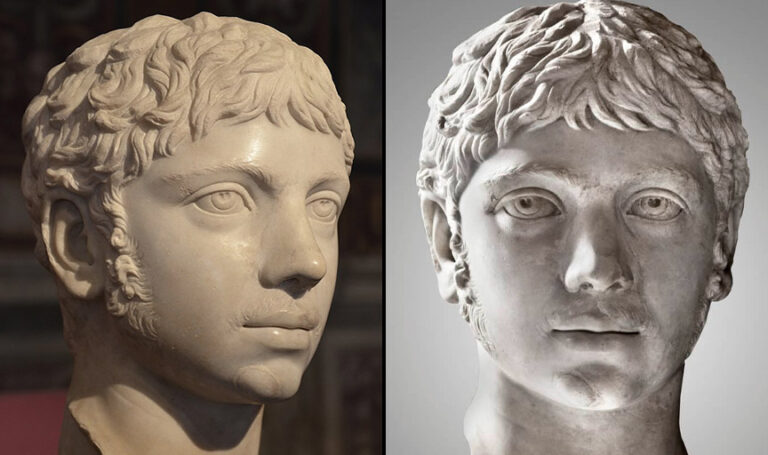UK museum reclassifies Roman Emperor Elagabalus as a transgender woman

A museum in the UK has made headlines by reclassifying the Roman emperor Elagabalus as a transgender woman. The North Hertfordshire Museum, located in Hitchin, based this decision on classical texts, including a statement associated with the emperor: “Call me not Lord, for I am a Lady,” as recorded by the Roman historian Cassius Dio. In response to this revelation, the museum has chosen to use she/her pronouns when referring to Elagabalus, who ruled from 218 to 222 AD.
Keith Hoskins, executive member for Enterprise and Arts at North Herts Council, which oversees the museum, explained the decision to The Telegraph stating: “We try to be sensitive to identifying pronouns for people in the past, as we are for people in the present; it is only polite and respectful. We know that Elagabalus identified as a woman and was explicit about which pronouns to use, which shows that pronouns are not a new thing.”
However, the decision has sparked mixed reactions from experts. Mary Beard, author of Emperor of Rome: Ruling the Ancient Roman World, emphasised the complexity of interpreting historical accounts and their relevance to modern discussions on gender. Speaking with TIME, Beard noted that debates about the boundaries between males and females have existed for thousands of years.
Elagabalus, known for marrying both men and women at different times, presents challenges in determining their pronouns. The museum cites Dio’s writings, suggesting that Elagabalus may have questioned whether a “surgical procedure could make him female.” However, scholars point out that these texts were written when the emperor was a teenager, and Dio’s references might have aimed to criticise Elagabalus or highlight the emperor’s effeminate characteristics.
Shushma Malik, a classics professor at Cambridge University, told the BBC that references to Elagabalus wearing makeup, wigs, and removing body hair could have been strategic attempts to undermine the unpopular emperor: “The historians we use to try and understand the life of Elagabalus are extremely hostile towards him, and therefore cannot be taken at face value. We don’t have any direct evidence from Elagabalus himself of his own words.”
Despite differing opinions on Elagabalus’ gender identity, Hoskins contends that recognising the emperor’s preferred pronouns is justified by the explicit mention in historical texts.
The North Hertfordshire Museum’s decision aligns with a broader effort to incorporate diverse perspectives into historical narratives. As society becomes more attuned to recognising and respecting varied gender identities, the museum’s approach reflects an evolving understanding of historical figures and their lived experiences.





